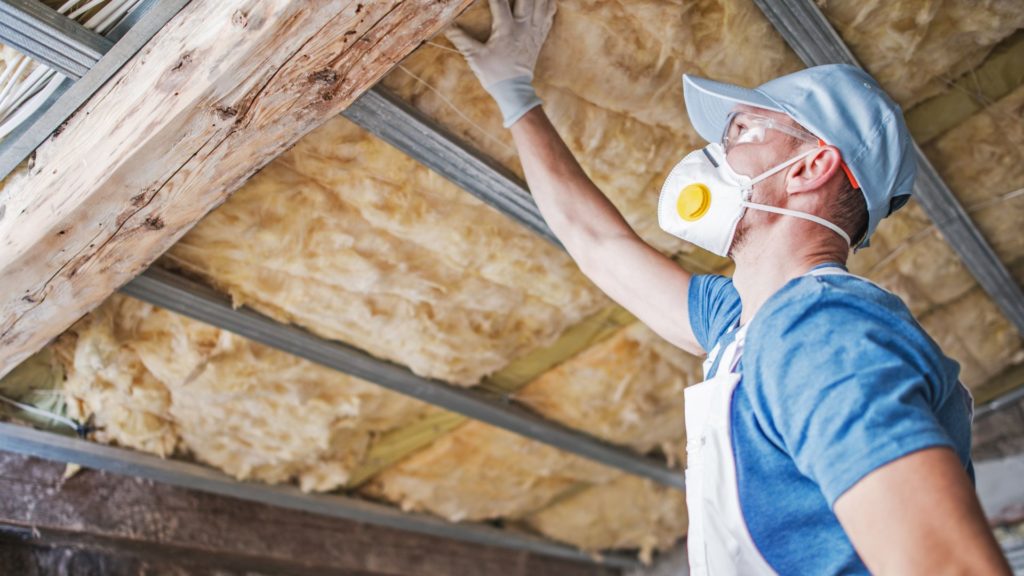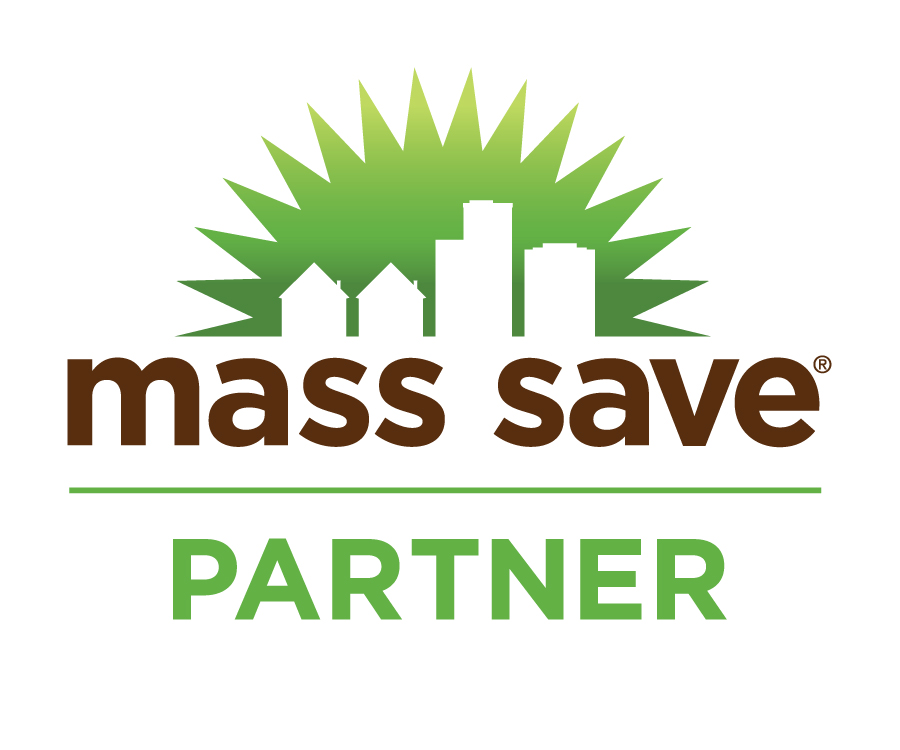
As our society becomes increasingly aware of the environmental impacts of our actions, many homeowners are looking for ways to make their homes more sustainable and eco-friendly. One way to achieve this goal is by improving home insulation. By doing so, homeowners can not only reduce their energy consumption and save money, but also reduce their carbon footprint and contribute to a more sustainable future. In this blog, we will explore the environmental impact of insulation, sustainability, eco-friendliness, and green building practices.
The Importance of Insulation in Sustainable Homes
Insulation is a key component in building a sustainable home. By properly insulating a home, homeowners can reduce energy consumption, decrease greenhouse gas emissions, and save money on energy bills. This is because insulation acts as a barrier that helps to regulate the temperature inside the home, preventing heat from escaping during the winter and preventing cool air from escaping during the summer. This means that less energy is needed to heat or cool the home, which translates to lower energy bills and a reduced carbon footprint.
Sustainability and Insulation
Sustainability is a concept that is becoming increasingly important in the construction industry. Sustainable homes are designed to reduce their impact on the environment, both during construction and over the lifespan of the home. One way to achieve this goal is by using sustainable insulation materials.
There are a variety of sustainable insulation options available to homeowners. Some of the most popular include cellulose, cotton, and sheep’s wool insulation. These materials are made from renewable resources and are often recycled or repurposed materials. In addition to being eco-friendly, these materials are also highly effective at insulating the home, making them a great choice for those looking to reduce their energy consumption.
Eco-Friendliness and Insulation
Eco-friendliness is another important consideration when it comes to home insulation. When choosing insulation materials, homeowners should look for options that have a minimal impact on the environment. This can include materials that are made from renewable resources, have a low carbon footprint, and are non-toxic.
One eco-friendly insulation option is spray foam insulation. This material is made from renewable resources and has a high R-value, meaning that it is highly effective at insulating the home. In addition, spray foam insulation is non-toxic and has a low carbon footprint. This makes it a great choice for those looking to reduce their impact on the environment.
Green Building Practices and Insulation
Green building practices are becoming increasingly popular in the construction industry. These practices are designed to create homes that are energy efficient, eco-friendly, and sustainable. When it comes to insulation, there are a number of green building practices that homeowners should consider.
One important green building practice is air sealing. Air sealing involves sealing any gaps or cracks in the home that can allow air to escape. This helps to prevent heat loss and reduce energy consumption. In addition, air sealing can also help to reduce the amount of pollutants and allergens that enter the home, improving indoor air quality.
Another green building practice is choosing insulation materials that are locally sourced. By choosing materials that are produced locally, homeowners can reduce the carbon footprint associated with transportation and support local businesses.
To sum it up, home insulation plays a critical role in creating a sustainable, eco-friendly, and energy-efficient home. By choosing sustainable and eco-friendly insulation options, homeowners can reduce their carbon footprint and contribute to a more sustainable future. Additionally, by adopting green building practices such as air sealing and choosing locally sourced materials, homeowners can further reduce their impact on the environment. Overall, home insulation is an important consideration for anyone looking to create a sustainable and eco-friendly home.
As a certified Mass Save® partner, Neeeco is able to help you save between 75-100% on the cost of upgrading your insulation. Additionally, you can benefit from the exclusive Mass Save® insulation program, which includes no-cost air sealing to eliminate drafty air leaks and increase the overall comfort of your home. By choosing Neeeco, you can enjoy the desired level of insulation in your home while also saving money.
